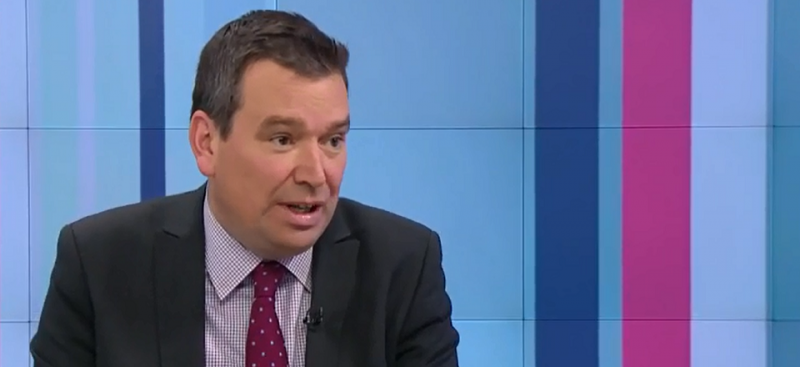
Christian Paradis, Senior Vice President, Strategic Development, Protective Services at GardaWorld, believes that certain tasks carried out by police officers could be entrusted to security officers.
When we visit the dentist’s office, the individuals working there are not all dentists. Reasons for this are seemingly obvious to us. Yet, in our police forces, trained and qualified police officers perform tasks beyond their essential duties – tasks for which their expertise is not at all required. Can we afford such a mismatch between duties and qualifications in our police services? No.
Governments have recently reviewed their spending and most public entities have seen a decrease in their budgets. However, this trend is reversed for our police services, even while crime rates are declining.
In “The Economics of Canadian Policing: Five Years into the Great Recession,” Professors Ruddel and Jones even projected an increase in policing costs in Canada of 61% per capita between 2011 and 2025, based on similar observations between 2001 and 2012. Labour costs have generally skyrocketed and can account for up to 90% of budgets.
This growth rate is clearly unsustainable. We need to think differently and review our policing paradigms.
Currently, police officers perform support functions that could easily be carried out by security guards. Consider detention services and transportation, traffic and administrative support, as examples that could be easily outsourced.
Let us be clear: outsourcing of police support services does not suggest security guards performing work that requires full policing power. Outsourcing police support services means security guards performing support duties so police officers can focus on their core duties, and therefore, better protect the public.
Canada’s private security industry is mature enough to perform police support functions. The country is subject to strict regulations that have professionalized it over the last few years, and there are now more than 140,000 licensed guards. Credible monitoring organizations have been implemented.
In his note on January 2015, Mathieu Bédard of the Montreal Economic Institute demonstrated that outsourcing auxiliary tasks to the private sector could generate substantial savings – in some cases exceeding 50%.
Police services in Lincolnshire, UK provide us with a superb example. Outsourcing non-core duties to private security guards has led to a 20% decrease in operating costs and a 14% decrease in the county’s crime rate.
To get similar results here, we need to thoroughly review tasks and duties to clearly identify what can be outsourced. We need to approach this collectively – authorities, unions and industry leaders. Where there is a will, there is a way!
Next, it is important to introduce a competitive bidding process which is based on well-defined objectives that are clearly communicated to the industry. This will allow for optimal resource management: agility, flexibility and compliance with key performance indicators (KPIs).
The result? Our trained and qualified police officers will be exclusively engaged in performing work for which they were trained and security officers and guards will support them. This will lead to an increased efficiency and quality of services, better cost control and enhanced motivation.
It is time for governments to seize the opportunity to expand their legislative framework and make way for the necessary shift. The Government of Ontario has already said it wants to review its legislation. Let’s hope this initiative spreads across the country.








